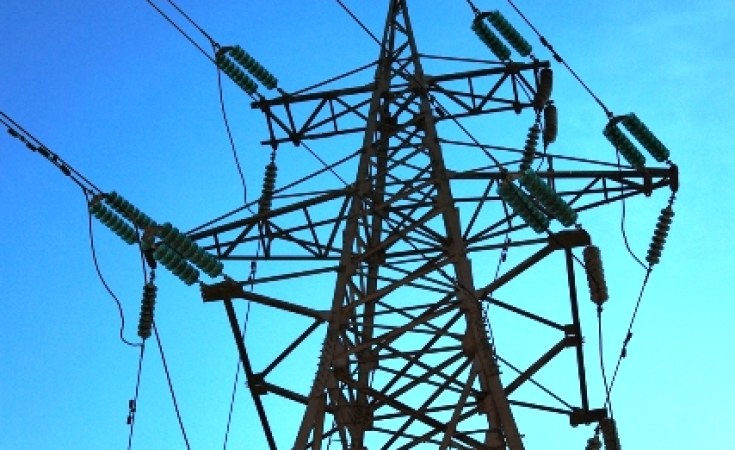Ethiopia’s burgeoning energy sector has been pivotal in supplying electricity to several East African nations, including Sudan, Djibouti, and Kenya.
The Ethiopian government is actively exploring opportunities to expand its energy exports to additional countries through ongoing feasibility studies.
In recent developments, Prime Minister Abiy Ahmed’s visit to Tanzania resulted in the signing of an agreement for the sale of 400 MW of energy, underscoring Ethiopia’s commitment to regional energy cooperation.
However, concerns have arisen in Kenya following a court decision that imposes restrictions on further energy agreements without thorough examination of existing contracts.
This decision was prompted by concerns over the affordability of electricity tariffs, particularly for rural communities.
Furthermore, reports indicate that Ethiopia’s own energy distribution challenges, with half of its population lacking access to electricity, have raised doubts about the reliability of its energy exports to Kenya.
The Energy and Petroleum Regulatory Authority of Kenya has expressed dissatisfaction with the current level of energy supply from Ethiopia, warning of the possibility of contract termination if the situation does not improve.
Kenya’s existing agreement with Ethiopia, signed in July 2022, stipulates a tariff of 6.5 USD cents per kilowatt-hour.
However, discussions for a new tariff agreement slated for 2027 are underway, reflecting the evolving nature of the energy partnership.
Despite Kenya’s reliance on Ethiopian electricity to meet the needs of approximately 1.4 million citizens, Ethiopia’s internal electricity deficit poses a significant challenge to sustaining this partnership.
To address this issue, the World Bank has pledged financial assistance amounting to $1 billion to modernize Ethiopia’s electricity infrastructure, with a focus on expanding access and enhancing reliability.
Meanwhile, Ethiopia remains committed to strengthening energy cooperation with its neighbors, as evidenced by recent agreements with Tanzania for energy exports and ongoing efforts to provide technical expertise in aviation training.
Ethiopia Electric Power (EEP) has set ambitious targets for revenue generation from electricity sales, aiming to earn 30 billion birr domestically and abroad in the current fiscal year.
Additionally, plans to export 3000 gigawatts of electricity to neighboring countries are underway, with anticipated earnings of $182 million.
However, critics have raised concerns about the diversion of electricity exports while a significant portion of Ethiopia’s population lacks access to electricity.
With only 52 percent of Ethiopians currently connected to the grid, questions have been raised about the prioritization of domestic energy needs.
EEP defends its electricity exports by highlighting the utilization of surplus power during off-peak hours and the economic benefits derived from revenue generation, which helps mitigate foreign currency shortages.
In a bid to meet growing energy demands, Ethiopia is nearing completion of Africa’s largest dam on the Nile River.
Once operational, the dam is expected to produce 5200 megawatts of electricity, further solidifying Ethiopia’s position as a key player in the regional energy landscape.
